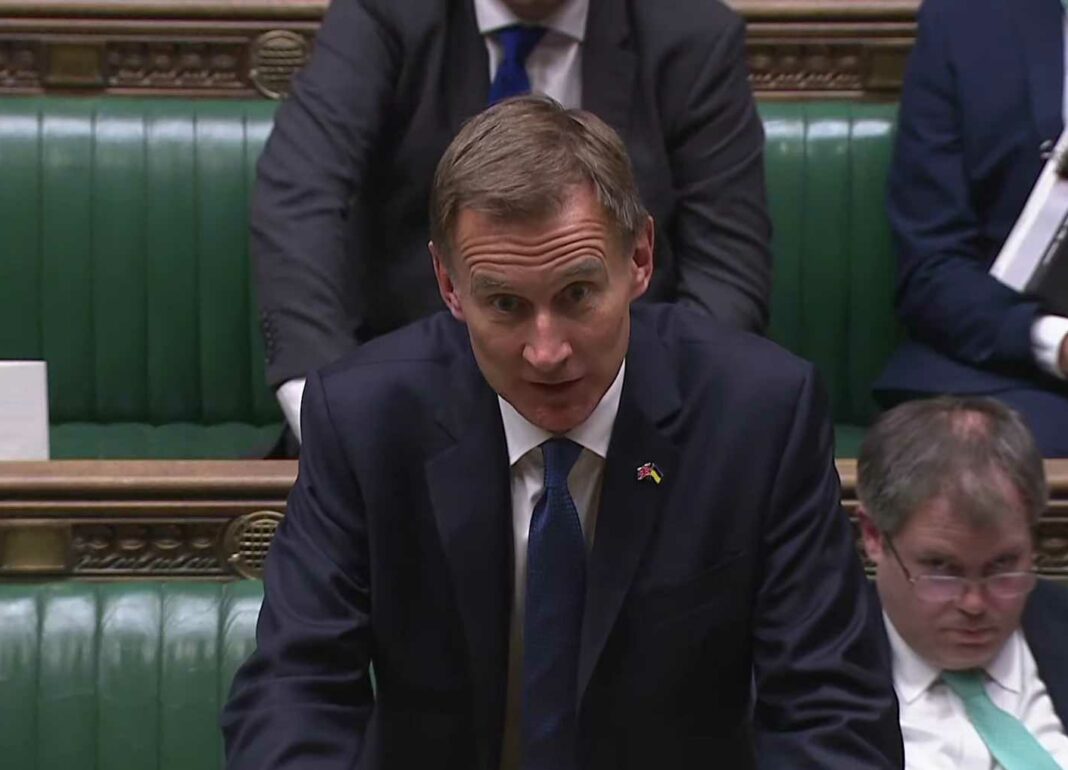17 OCTOBER 2022 | NEWS
The newly-appointed Chancellor has today announced a reversal of several major plans drawn up by Prime Minister Liz Truss and former Chancellor Kwasi Kwarteng’s ‘mini-Budget’, unveiled on 23 September.
It comes following the abrupt dismissal of Mr Kwarteng as Chancellor of the Exchequer last Friday.
Amid public and market uncertainty, Mr Hunt will scrap the cancellation of the Corporation Tax rise from 19% to 25% and removal of the 45p rate of income tax for people earning more than £150,000.
This follows heavy criticism of the Government’s economic plans as announced two weeks ago, which are believed to have been partly responsible for causing the value of the pound to drop dramatically and mortgage interest rates to skyrocket.
In addition to these reversals, the 1p cut to basic income tax to 19% will also be scrapped, as well as the freeze on alcohol duty rates.
However, one change from the ‘mini-Budget’ that will not be reversed is the removal of a cap on bankers’ bonuses, which was introduced following the financial crash in 2008.
Mr Hunt today defended this decision in the House of Commons by arguing that this would allow the Government to tax these earnings.
Truss’ ‘mini-Budget’ also set out to reverse the controversial policy devised by Boris Johnson’s Government to increase National Insurance contributions from 1% to 1.25%, in order to raise more than £35 billion for social care.
This decision is still going ahead, in addition to the plans for no stamp duty on the first £250,000 of a property’s value, or the first £425,000 for first-time buyers.
Addressing the House this evening, the new Chancellor defended these changes by saying: “This Government will take the difficult decisions necessary to ensure there is trust and confidence in our national finances.
“That means decisions of eye-watering difficulty…
“Every one of those decisions … will be shaped through core compassionate conservative values that will prioritise the needs of the most vulnerable,” he added.
Labour MPs criticised the Government in the Chamber tonight for not having consulted the independent Office for Budget Responsibility (OBR) – the body that Business Secretary Jacob Rees-Mogg was recently criticised for downplaying the role of.
Mr Hunt also made clear how he intends to tackle to difficult decisions facing the Government over the coming months.
He stressed that, whilst he acknowledges constituents’ concerns over rising bills and the cost-of-living crisis, Government spending will remain controlled for the foreseeable future.
He will reveal in more detail his plans to tackle the economic difficulties facing the country, along with the OBR’s forecast, at the end of the month as part of the Medium-Term Fiscal Plan.


























